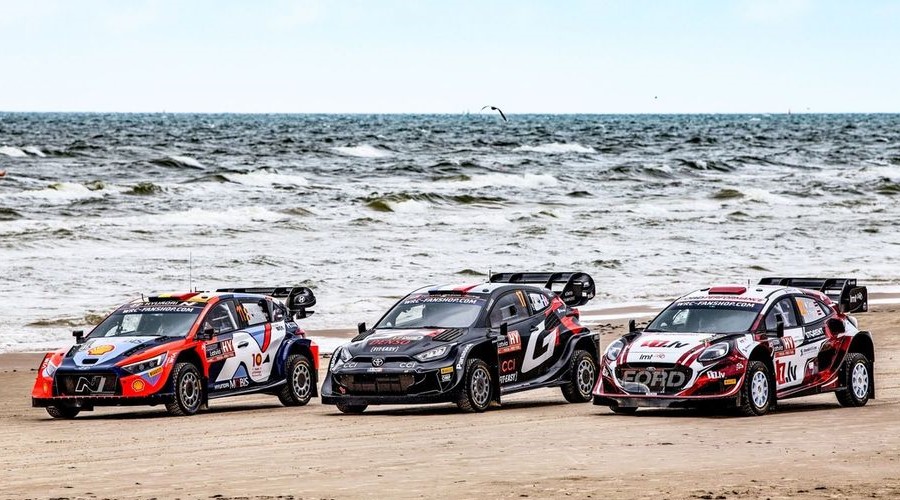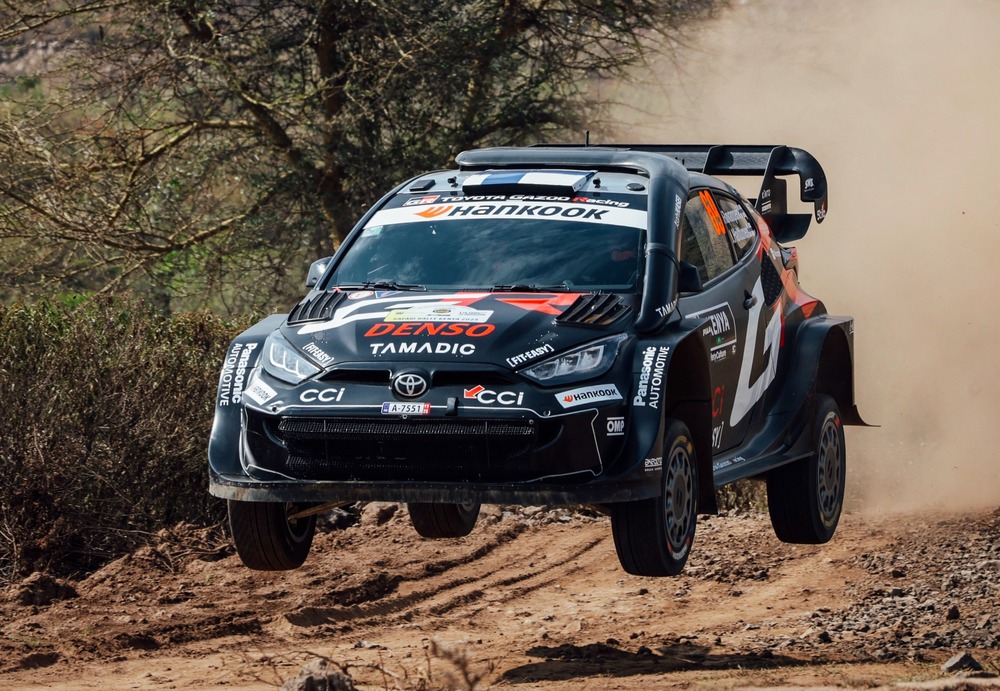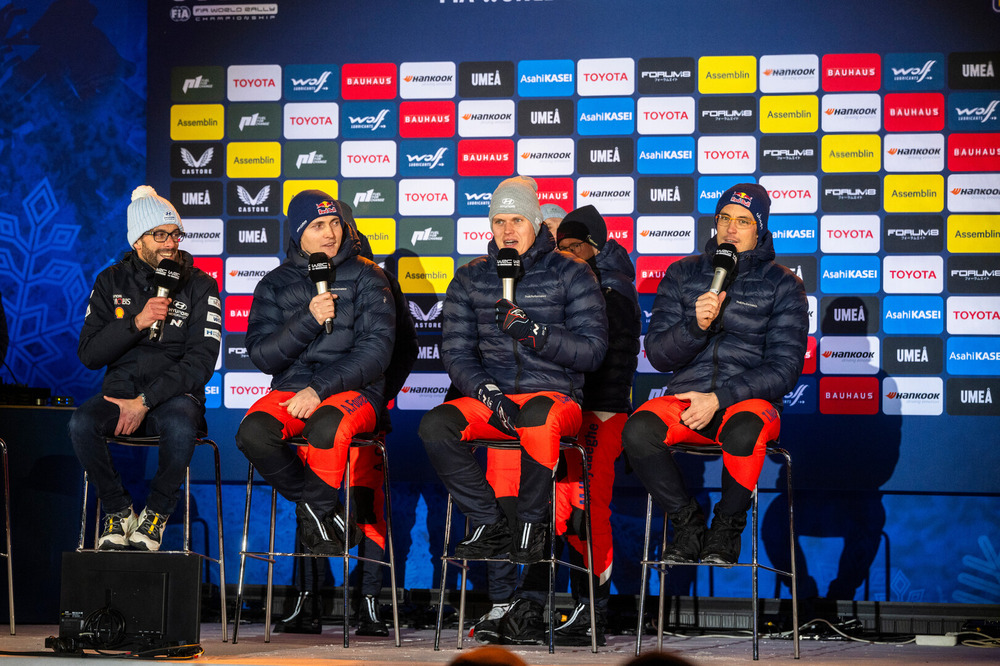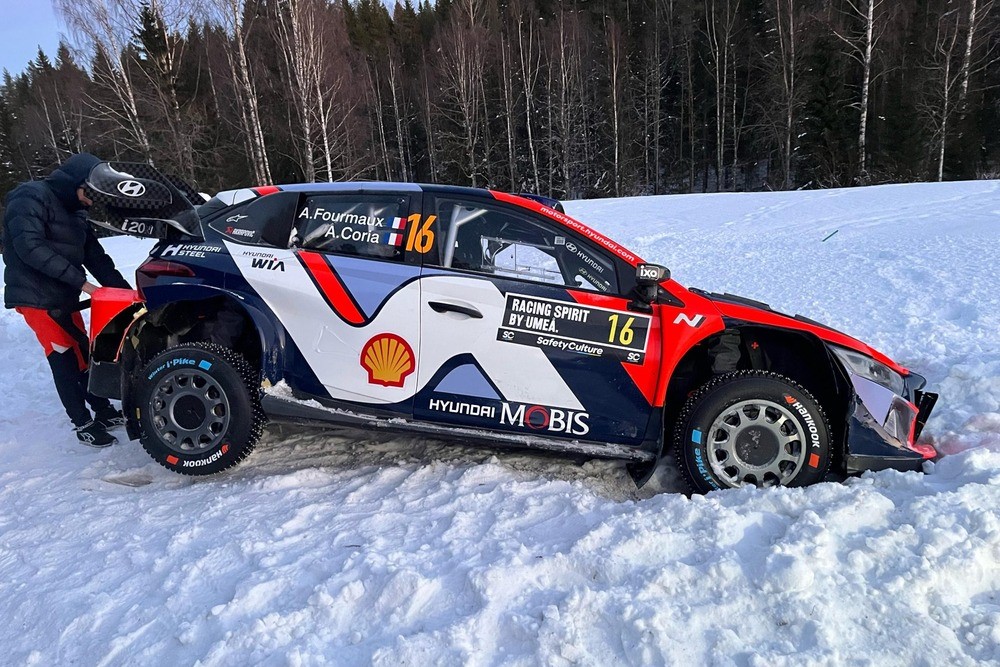WRC hybrid power is set to be dropped from Rally1 cars starting the 2025 season in a bid to mitigate escalating costs for the teams.
The move which is set to be determined in the next meeting of the FIA’s World Motor Sport Council, reflects the championship’s ongoing struggle with escalating costs and aims to simplify the technology used in top-tier rally cars.
The WRC only introduced hybrid systems in 2022, making this swift move away from hybrid technology noteworthy and indicative of broader challenges within the sport.
The rationale behind this decision is multifaceted. Initially, the introduction of WRC hybrid power was aimed at modernizing the sport and enhancing its environmental credentials. However, as teams grappled with the complexities and costs associated with maintaining these sophisticated systems, it became clear that the hybrid approach was not sustainable for all participants.
Teams like M-Sport and Hyundai expressed concerns over the financial burdens imposed by the hybrid systems, particularly regarding maintenance and repairs.
The new regulations stipulated that if a WRC hybrid power unit encountered significant shock damage, it would require extensive repairs that could take months, further straining team budgets. This situation prompted calls for a return to simpler, more cost-effective solutions.
“It is not a request to remove it for what it is, it is a request to remove it because we can’t actually repair and run them at an economic price for M-Sport,” M-Sport team principal Richard Millener told Motorsport.com at CER. “We are talking a few extra million euro to do it and that is not something we can deal with.”
Hyundai’s team principal Cyril Abiteboul added: “We will never actively or proactively request to remove WRC hybrid power. Having said that, we also need to be pragmatic and recognise the fact that the rally series is a small community, and as any small community, we need to look after one another.
“So if there are any steps that must be taken in order to guarantee participants and competitors at the events we will accept to take those steps.”
READ ALSO: Hybrid Rally1 cars to remain in WRC until 2026 after FIA turnaround
From 2025 onwards, Rally1 cars will operate solely on sustainable fuels, eliminating the electric motors that provided an additional 100 horsepower. While this change may initially raise concerns about performance, officials assert that the overall impact on speed will be mitigated by reducing car weight and adjusting air restrictors to enhance turbo efficiency.
Moreover, these adjustments are expected to maintain competitive parity among teams while also addressing cost issues.
Looking ahead, WRC hybrid power or electric technologies are not being abandoned entirely. The FIA has committed to introducing an electric category at an unspecified future date, aiming for performance levels comparable to those of traditional petrol-powered Rally1 cars.
This indicates a strategic pivot towards embracing electrification in a way that aligns with both environmental goals and competitive integrity.
In addition to the technical changes, the FIA is set to introduce new regulations for the 2026 season that will further reshape the landscape of rallying. These regulations will feature a standardized safety cell across all Rally1 cars, allowing manufacturers greater flexibility in vehicle design while also promoting cost control.
By capping development costs at €400,000 per vehicle and requiring that all cars be available for sale directly after events, the FIA hopes to attract new manufacturers and privateers into the sport.
Currently, only three manufacturers compete at the highest level of WRC, which poses a risk to the championship’s viability. By simplifying regulations and reducing costs, the series aims to create an environment that is more accessible to potential entrants while also ensuring that existing teams can remain competitive without incurring crippling expenses.





